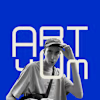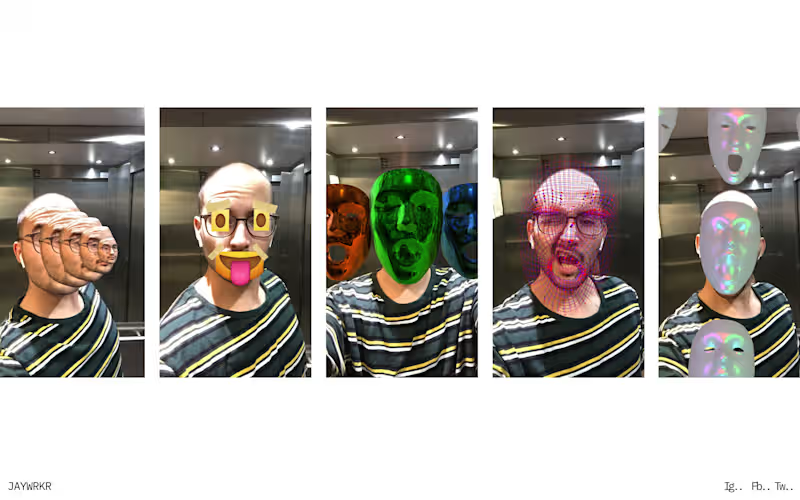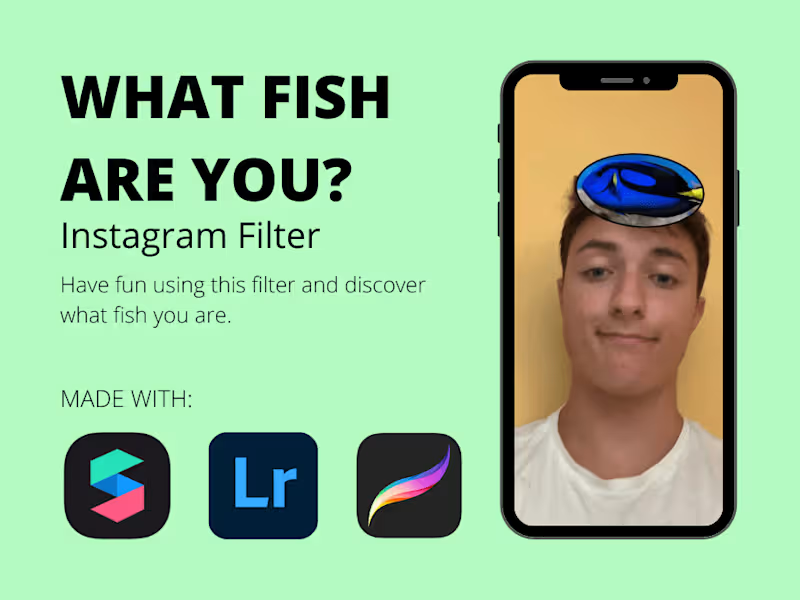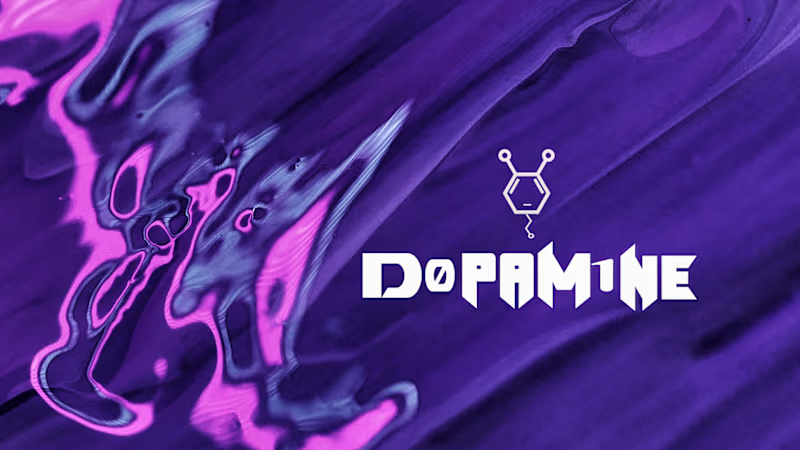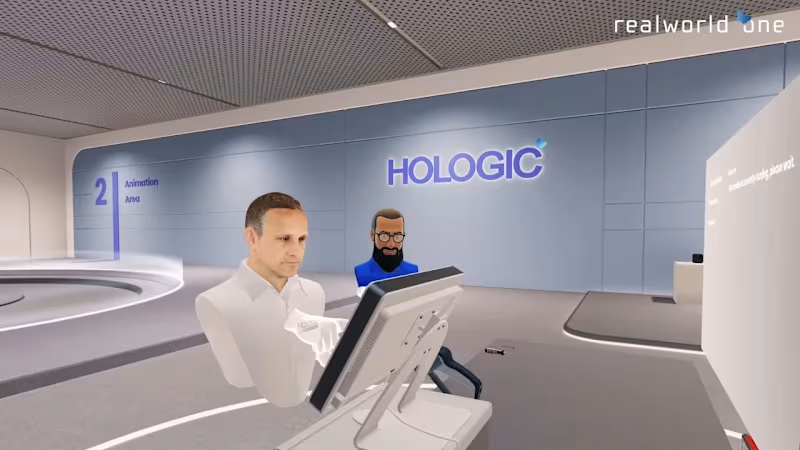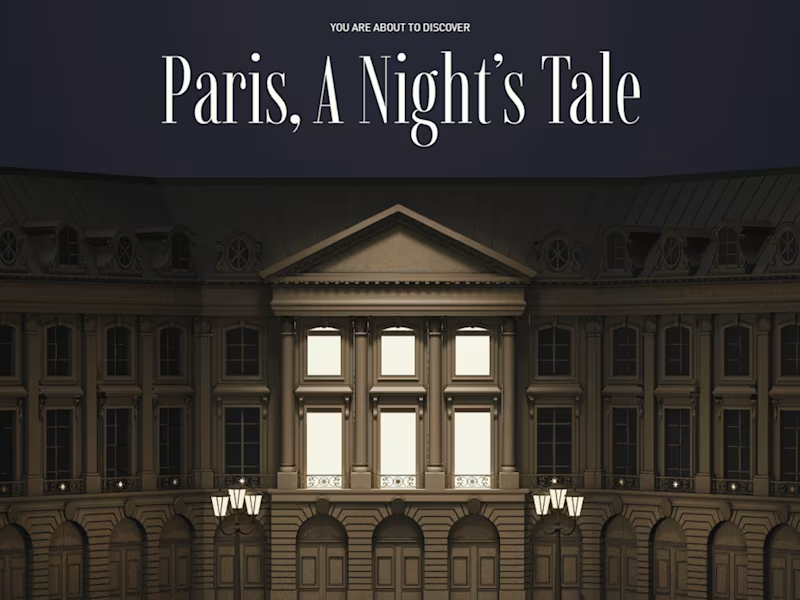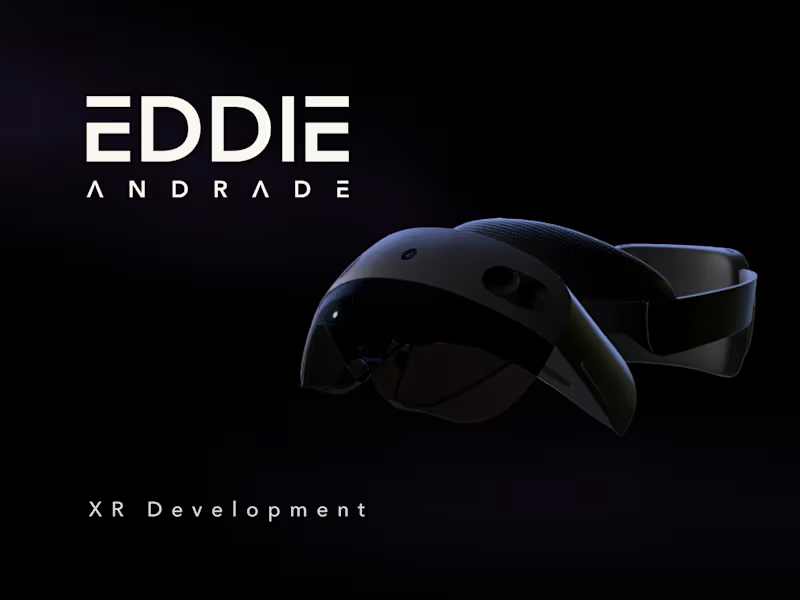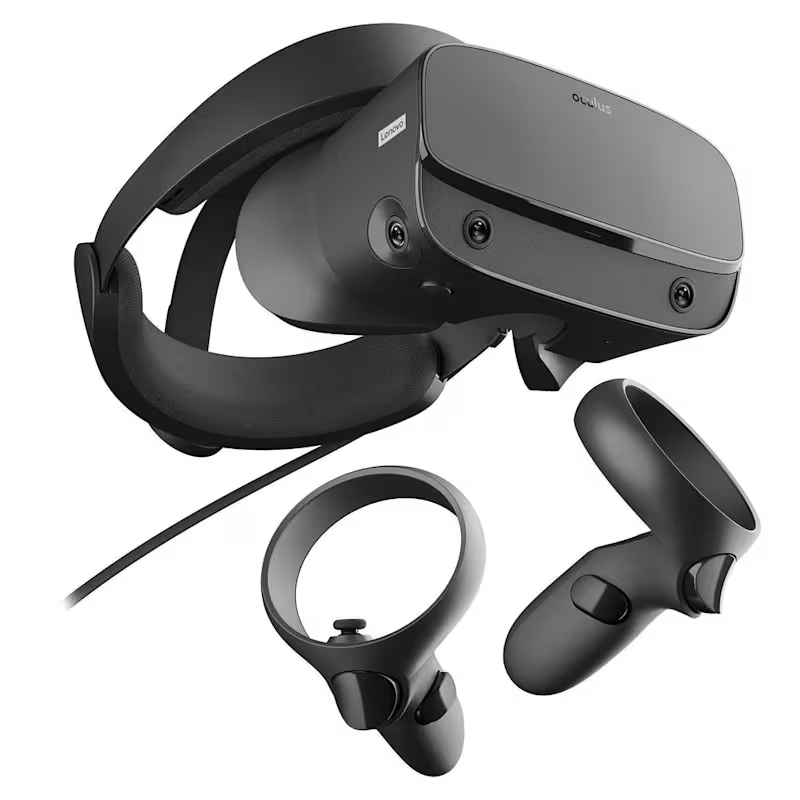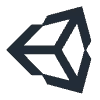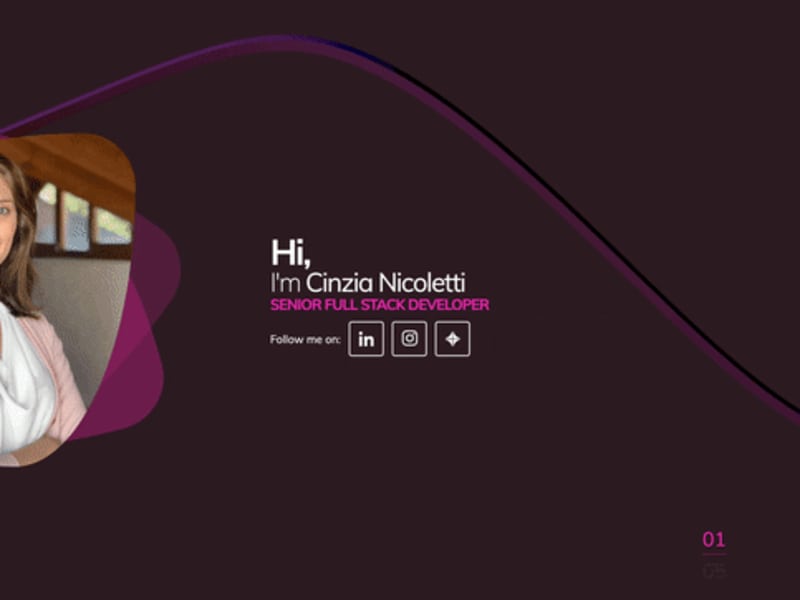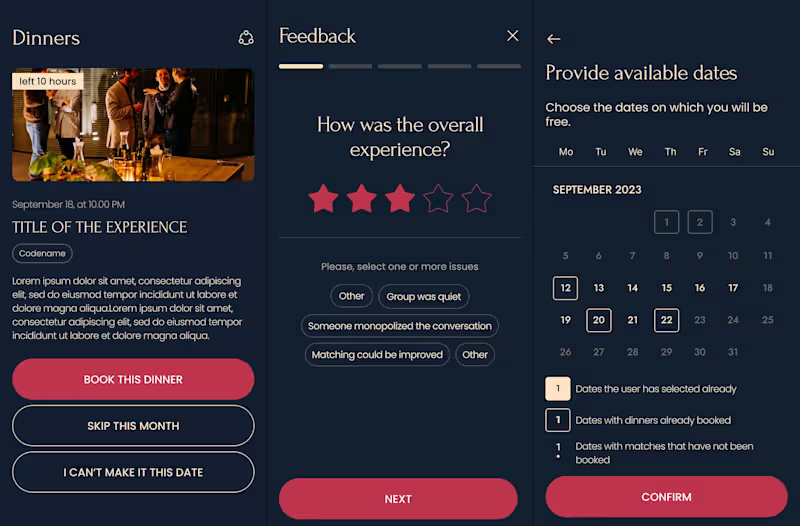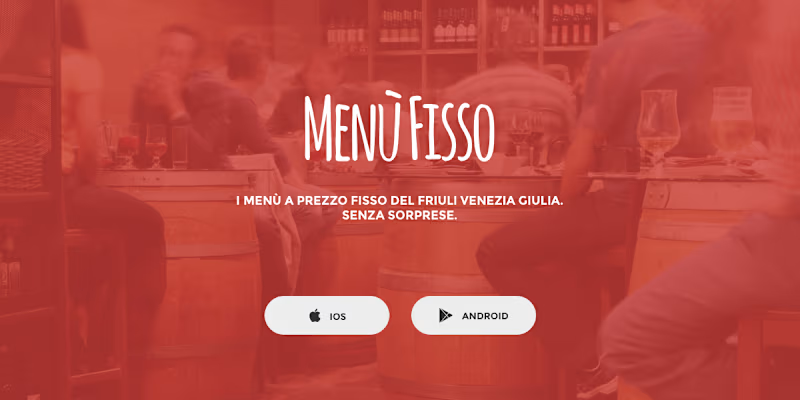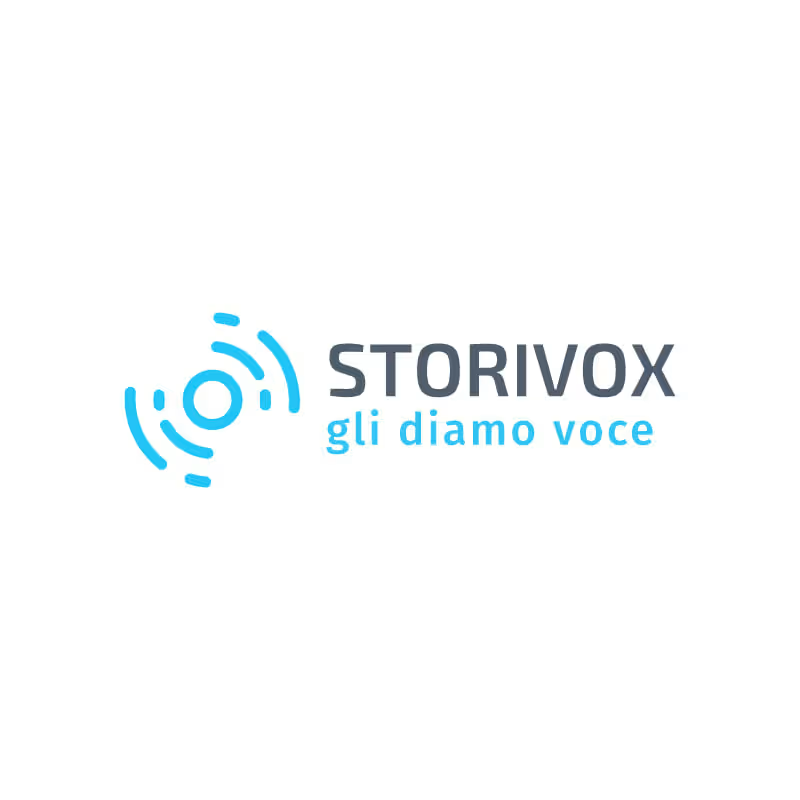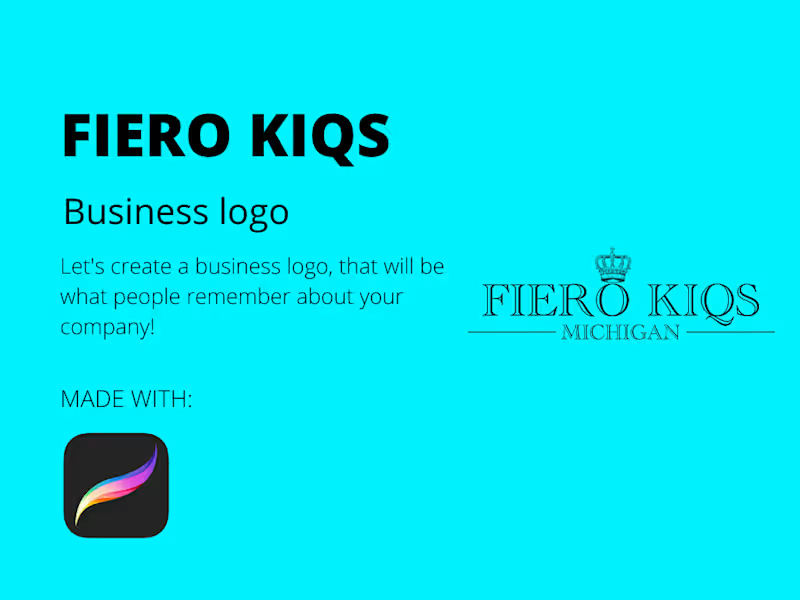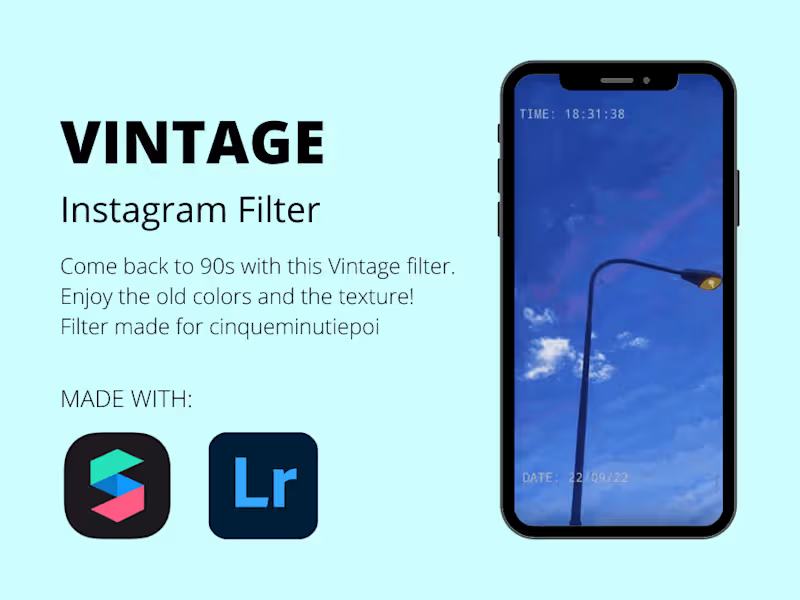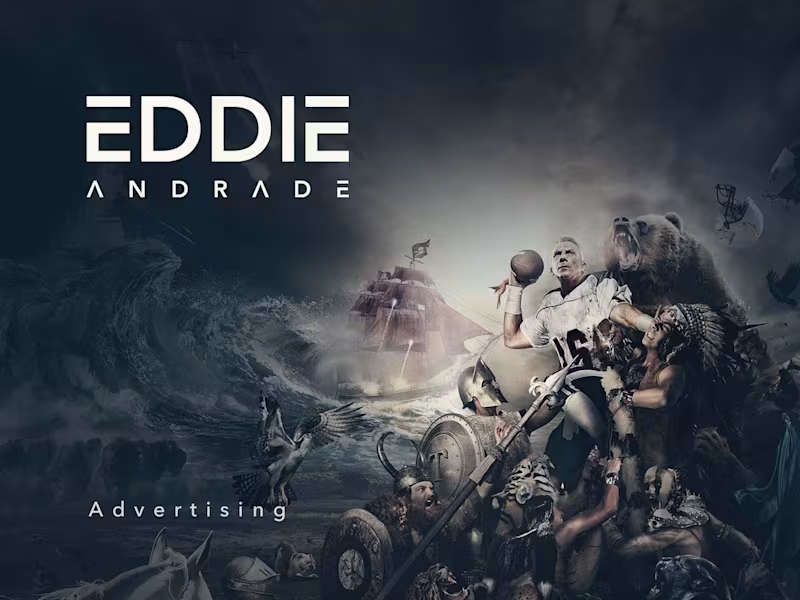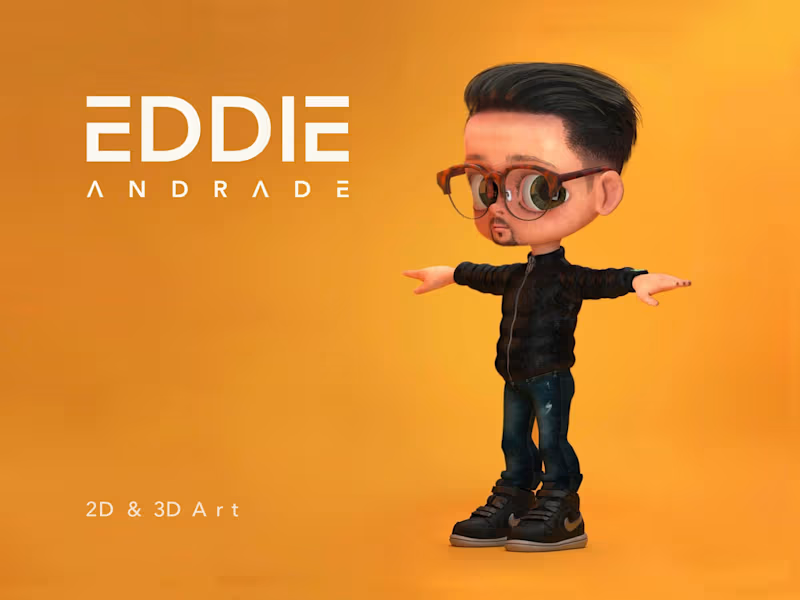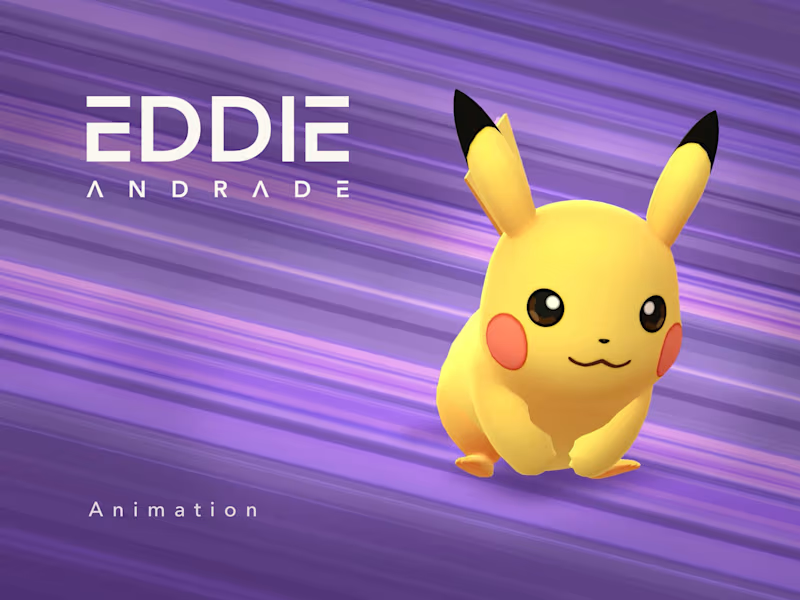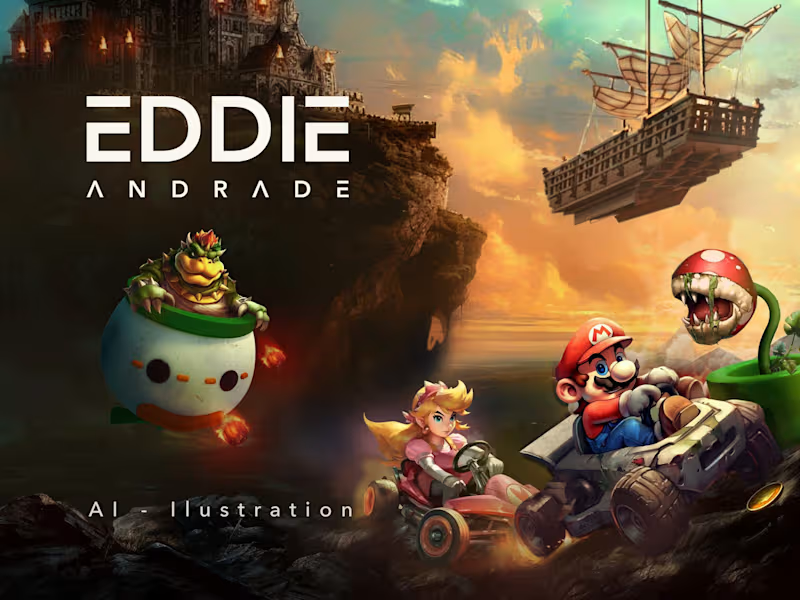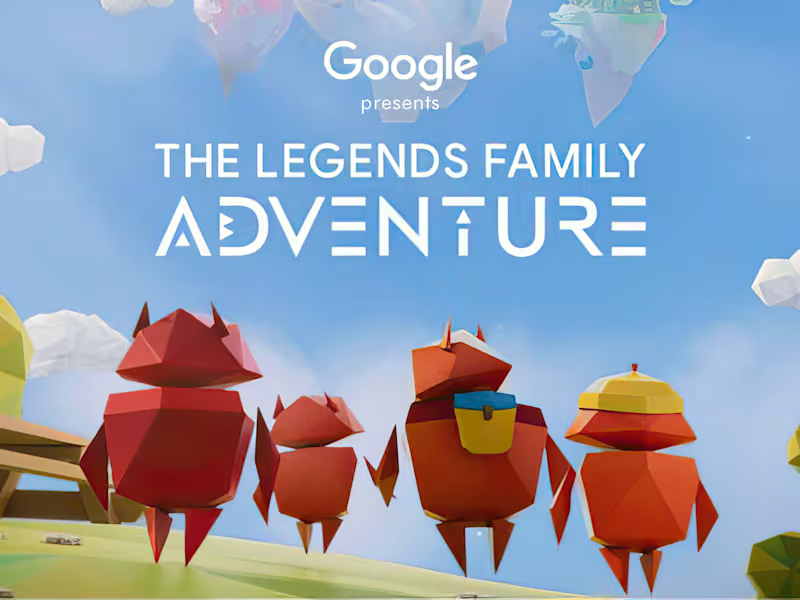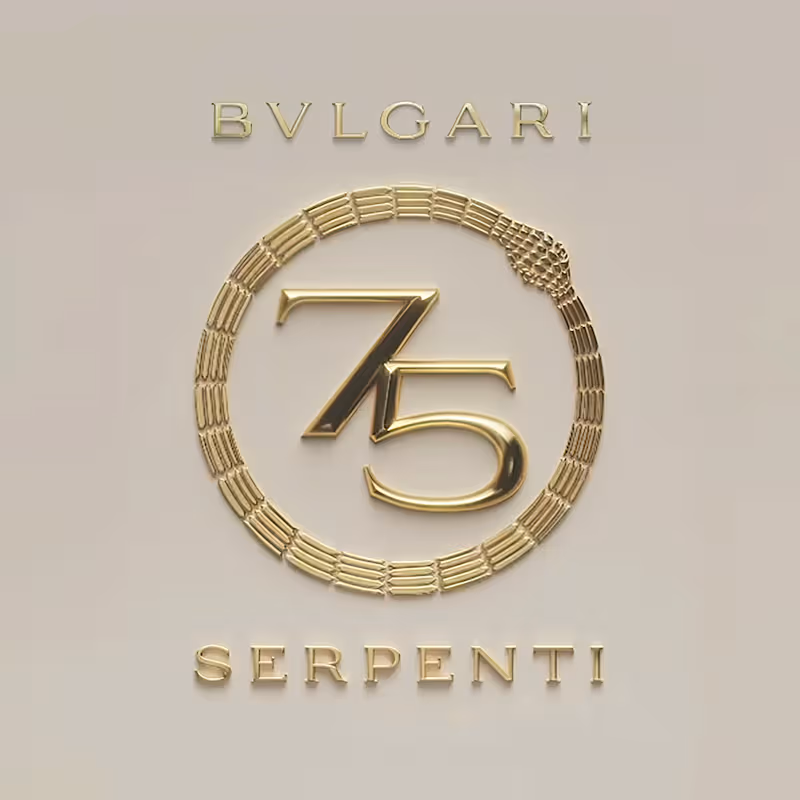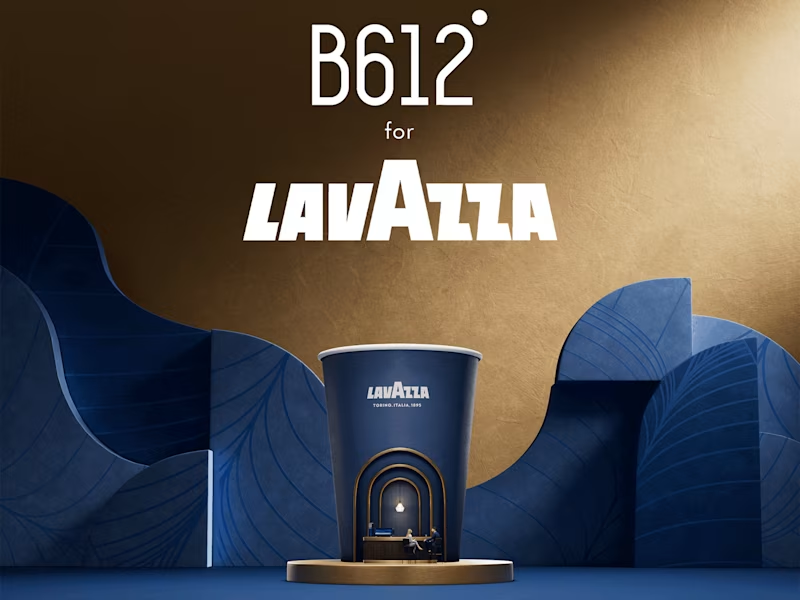How do I ensure that the AR/VR freelancer has the right skills for my project?
Before hiring, review the developer’s portfolio for similar projects. Check for specific technologies, like Unity or Unreal Engine, used in past work. This shows their experience with the software your project needs. Ask for demos or case studies that showcase their skills in creating immersive experiences.
What should I include in my project brief for an AR/VR developer?
The brief should clearly describe the project's goals and target audience. Specify the platforms (like Oculus or HoloLens) the experience should run on. Detail key features and any technical challenges you foresee. Clearly outline the timeline and deliverables for the project.
How important is communication when working with a freelance AR/VR developer?
Effective communication is crucial for the success of an AR/VR project. Regular updates ensure that the work aligns with your vision. Use collaboration tools to review progress and provide feedback. Schedule video calls to discuss complex aspects and confirm project details.
What kinds of deliverables should I expect from an AR/VR project?
Deliverables might include prototypes, a final AR/VR application, and documentation. Expect assets like 3D models, animations, and sound files. Ensure there's a clear process for testing and revisions. Final delivery should also include support for deployment and setup.
How do I set realistic deadlines for a freelance AR/VR project?
Consider the complexity of the project and the developer's availability. Break the project into stages with deliverables for each part. Consult with the freelancer to set achievable timelines. Allow extra time for testing and unforeseen changes in scope.
What platforms should I target for my AR/VR project with the freelance developer?
It depends on your audience and the type of experience you want to create. VR projects might target Oculus, Vive, or PlayStation VR. AR experiences can be on mobile devices using ARKit or ARCore. Discuss with your developer to choose the best platforms for your goals.
How do I ensure the security of my AR/VR project with a freelancer?
Discuss confidentiality and have a legal agreement in place. Use secure file-sharing methods for sensitive data. Ask about the developer's practices for data protection. Make sure the codebase is stored in a secure repository.
What should I do if I want to incorporate new technologies into my AR/VR project?
Discuss these technologies with the developer to see how they fit the project. Evaluate the feasibility and impact on the timeline and budget. The developer should be open to exploring new tools to enhance the experience. Ensure there's room in the contract for potential changes.
How can I assess the success of my AR/VR project once it's completed?
Define metrics like user engagement, app downloads, or sales conversions. Collect feedback from users to improve future iterations. Analyze the performance of interactive elements within the experience. The developer can help set up analytics tools to track success.
Who is Contra for?
Contra is designed for both freelancers (referred to as "independents") and clients. Freelancers can showcase their work, connect with clients, and manage projects commission-free. Clients can discover and hire top freelance talent for their projects.
What is the vision of Contra?
Contra aims to revolutionize the world of work by providing an all-in-one platform that empowers freelancers and clients to connect and collaborate seamlessly, eliminating traditional barriers and commission fees.




























